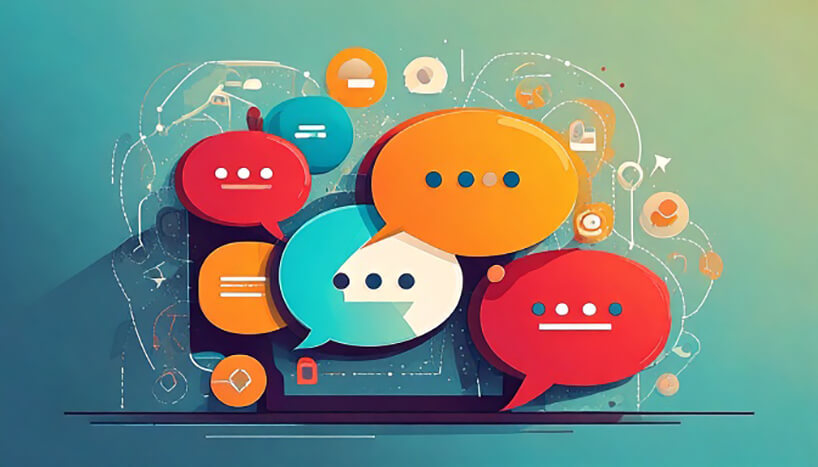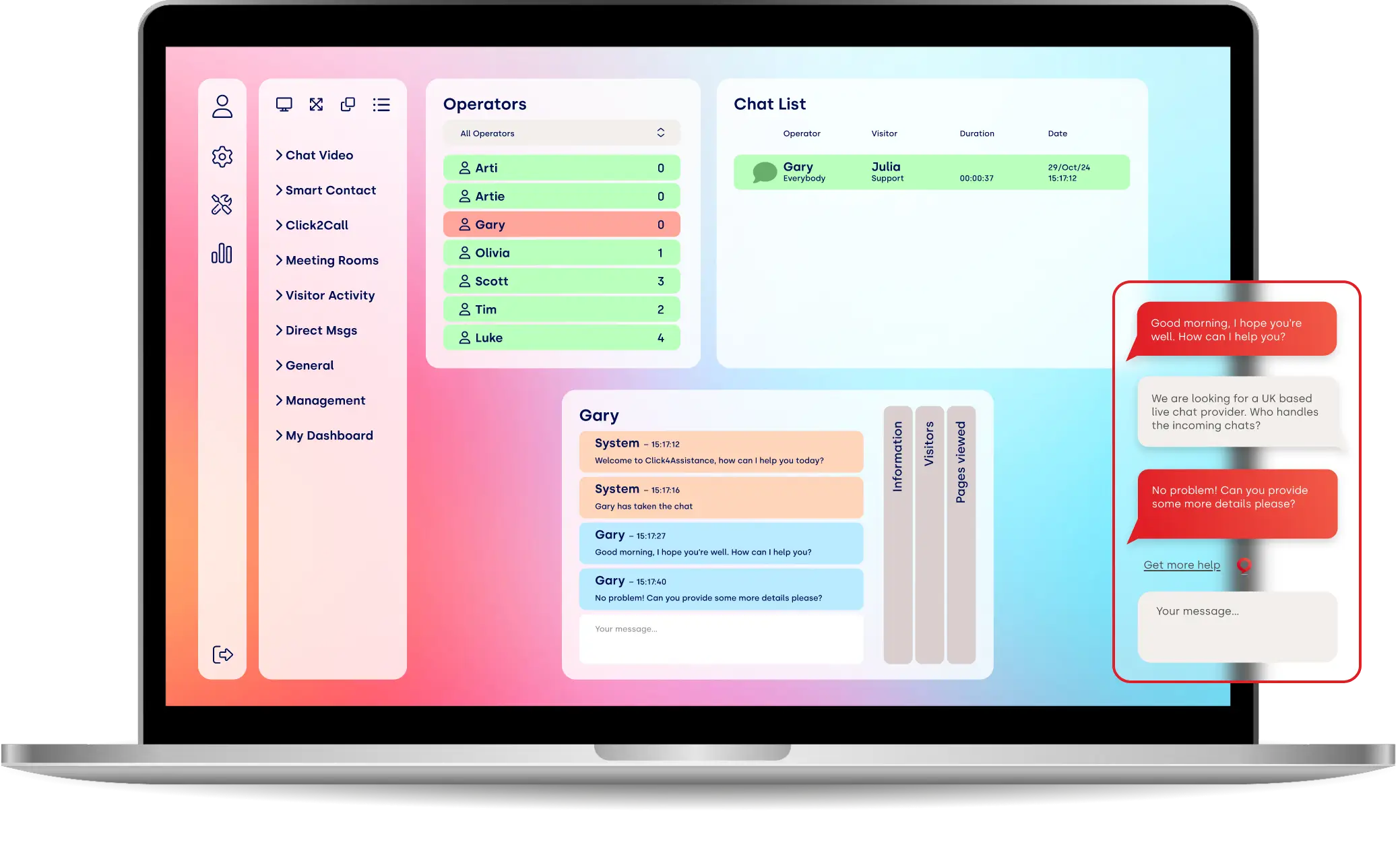Will AI Chatbots completely Replace Human Customer Service Agents?

AI chatbots are more popular than ever, but what does this mean for the future of human customer service agents?
The benefits of AI chatbots for business purposes have long been understood. From easily allowing customers to get the answers they need to helping organisations work more effectively, AI-driven chatbots have become a vital component of the customer service experience.
In recent years, chatbots have largely played a supporting role to real-life customer service agents. But that could be about to change due to technological advancements, which will allow AI chatbots to take on a greater variety of service-based tasks. This has led to some commentators wondering whether they will outright replace human customer service employees in the not-too-distant future.
So, what’s the truth? In this post, we’ll take a closer look at the role that AI chatbots will play in the future of customer service, including what it may mean for existing customer service workers.
The AI Chatbot Revolution
Unless you’ve been living under a rock, you’ll have noticed that talk of the rise of AI has been ramping up in the past year or so. AI’s capabilities stretch far beyond delivering customer service, but it’s in this sector of working life that the impact has arguably been felt the most. AI chatbots were already popular before the technology went mainstream; now, all businesses with an eye on delivering exceptional customer service are looking to integrate the technology into their operations.
And that’s no surprise. The technology that underpins AI chatbots has developed at such a rate that the tools can now take on a significant number of customer service-related tasks, helping to optimise productivity while also providing a robust, genuinely helpful experience to customers.
Some of the key attributes of AI chatbots include:
- Automating the time-consuming, repetitive tasks that customer service agents typically deal with.
- Providing automatic, instant responses to customer messages.
- Offering answers and suggesting related articles in response to customer queries.
- Gather customer information and qualify leads.
- Escalate complex queries to a human agent.
That’s what AI chatbots can do today, but that’s only the beginning. This is a dynamic, ever-evolving field, and while it’s possible to say exactly what AI chatbots will be capable of further down the line, it’s safe to assume that they’ll be able to complete a greater variety of tasks, including more complex customer service jobs.
If AI chatbots are becoming more and more powerful, then we have to ask: how relevant will human customer service agents be in the future? Let’s take a look.
So, Do Human Customer Service Agents Still Matter?
The answer to this question is yes, but it depends. For a number of reasons, it seems unfeasible that there’ll ever be a point when human customer service agents are entirely obsolete. For one thing, though AI chatbots are getting better and better at mimicking human language, they’re still not the real thing.
While customers don’t care who delivers the answers to a large number of customer service-related issues, for more complex problems, they’ll want to deal with a human being. It’s sometimes just more reassuring to know that a human being is prioritising your case. There are also some tasks that AI customer service bots just can’t complete — for instance, think of those ‘going the extra mile’ steps that companies with the best customer service offer.
Still, it’s virtually guaranteed that AI chatbots will replace entry-level customer service agents. It makes more sense for a company to integrate chatbot technology to answer common customer questions, rather than having a human type out each response. Depending on the nature of the company and its customer service requirements, this may result in a significant reduction of customer service employees.
AI and Humans: Working Together for Customer Service
The most likely scenario is that AI chatbots and human customer service agents work together. The technological tool may handle the vast majority of queries and tasks, but there’ll still need to be some human oversight. As with most new software that becomes available, it’s probably best to think of AI chatbots as tools that can help human customer service agents work more efficiently. For the time being at least, AI chatbots should be thought of as entry-level employees who can handle everyday tasks, but who will need to escalate more complex tasks to experienced, human customer service agents.
Get Started With Live Chat Services for Business Today
The future of AI chatbots is still being written, and it’s exciting to see what it may lead to in the coming years. If you’re ready to add retail, healthcare, or SAAS live chat, to name just three sectors, to your operations, then don’t hesitate to get in touch with us here at Click4Assistance.

























